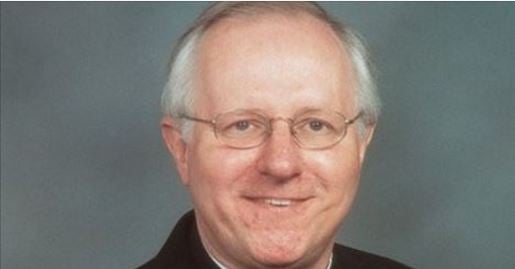 In the news today: A fifteen-year-old Detroit teen has been sentenced to 14 to 30 years in prison for his role in the murder of a security guard in a church parking lot.
In the news today: A fifteen-year-old Detroit teen has been sentenced to 14 to 30 years in prison for his role in the murder of a security guard in a church parking lot.
And yes, the young man—Anthony Williams of Detroit—is guilty. He and his friend, 18-year-old Alandre Boone, were charged as adults for the shooting death of 84-year-old Joseph Lewis in an attempted robbery on May 9. Lewis, described as a kindly man who wanted to help others, had been guarding the Victory Way Assembly Church of God for several months at the time of the attack. It’s a terrible tragedy.
But here’s my question: Is a long prison term the best outcome for a young aggressor?
Granted, Williams was headed in the wrong direction—embarking on a misguided course of entitlement and disregard for the rights of others. Chances are that he had a sense of privilege, that he cared little for his victim or for right and wrong, and that the attempted robbery was not his first foray into crime.
Williams will probably remain behind bars until he’s 29 years old, if not longer. A long prison term is good as a punitive measure—but not so good as a restorative program. He will likely be exposed to other hardened criminals. He is not likely to embrace faith (although it’s possible), or to earn a high school diploma and a college degree.
I am stymied by the issue of violent teens’ rehabilitation. I’m going to stand back here and let y’all tell me: What should happen in this case? Is society best served by keeping violent young criminals off the streets? Or is there a way to turn their lives around?
Please respond.











